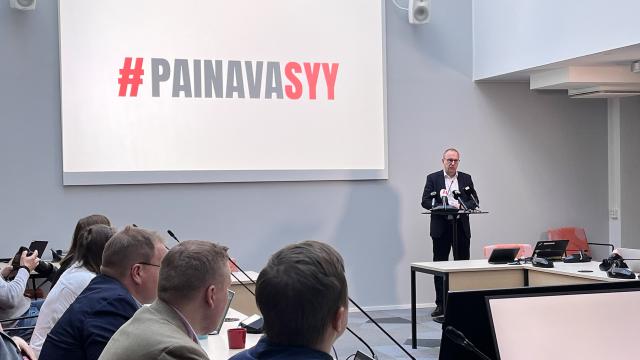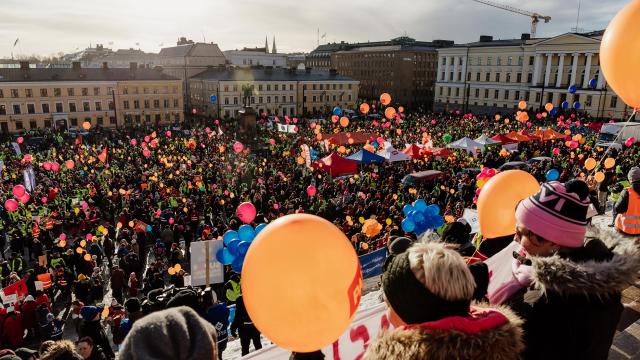The coronavirus crisis has not called off the summer holidays
Businesses need to be supported over the epidemic, so we should be ready for work when the restrictions are lifted. Even so, the holiday season has not been changed due to the coronavirus, and holidays have not been cancelled. The point of holidays is to ensure that employees have an opportunity to rest and recuperate from work. An employee is always entitled to a holiday.
If any employees have to be laid off (furloughed), then a wise employer will make sure that their summer holidays are taken before or during the layoff. The Annual Holidays Act and collective agreements provide a wide range of opportunities to arrange holidays flexibly when an employer feels that there is no time for them. For example, collective agreements may include the possibility of taking the holiday at some time other than during the normal holiday season, or of paying the annual holiday pay on a normal wage payment day. It may also be possible to agree locally on the payment of holiday pay. Special agreements on taking annual holiday also readily arise at workplaces where the general atmosphere is favourable, with everyone willing to show flexibility.
The holiday season has not changed due to the exceptional circumstances
Before deciding the time of annual holidays, an employer must consult the employees as to the times at which they wish to take their holidays, and must seek to accommodate these wishes. The decision on the time of holidays must treat the employees equitably, without discriminating against any individual. Employees who have earned a summer holiday by the end of March this year will be entitled to take their holidays during the holiday season.
Despite the coronavirus epidemic, the holiday season began after 1 May and will end on 30 September. Only in the case of employees in health care, social welfare and rescue services and emergency response centre operations has the Finnish Parliament approved a temporary exception enabling the postponement of summer holidays. Other employees will be entitled to take their holidays in accordance with the Annual Holidays Act and the collective agreement for their industry. The employee must be advised of the time of the holiday one month in advance or by no later than two weeks before the holiday begins, and holiday pay must be paid before the holiday begins.
The holiday must be a continuous period unless the employee agrees otherwise
Many people assume that an employee is only entitled to two weeks’ holiday as a continuous period in the summer, but this is not the case. Employees have the right to take the entire four-week summer holiday as a single uninterrupted period. The employer and the employee may jointly decide to split the holiday into shorter periods of not less than two weeks, but any such division requires an agreement, and the employer may only divide a holiday period of more than two weeks without the employee’s consent if this is essential in order to keep the work going. Factors such as a shortage of labour or a busy summer season do not justify dividing a holiday. The employee’s consent is also required to cancel a holiday.
Such agreements require ability, desire and trust, and employees should bear in mind that they are under no obligation to agree. The Annual Holidays Act and collective agreements always guarantee minimum rights to employees, and they are entitled to insist on those rights.
Anu-Tuija Lehto
Legal advisor
Published in Finnish on 8 May 2020 as a blog entry on the SAK website.
Check also out the SAK employee rights advisory service for immigrants.
News
 The Central Organisation of Finnish Trade Unions
The Central Organisation of Finnish Trade Unions


